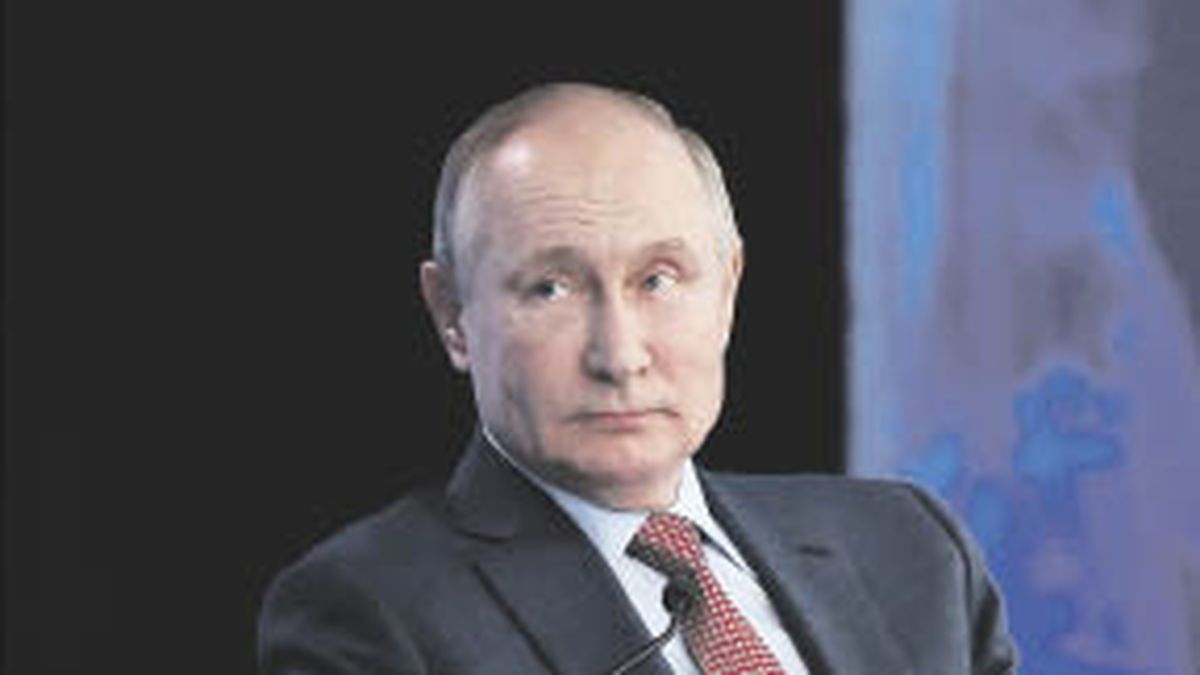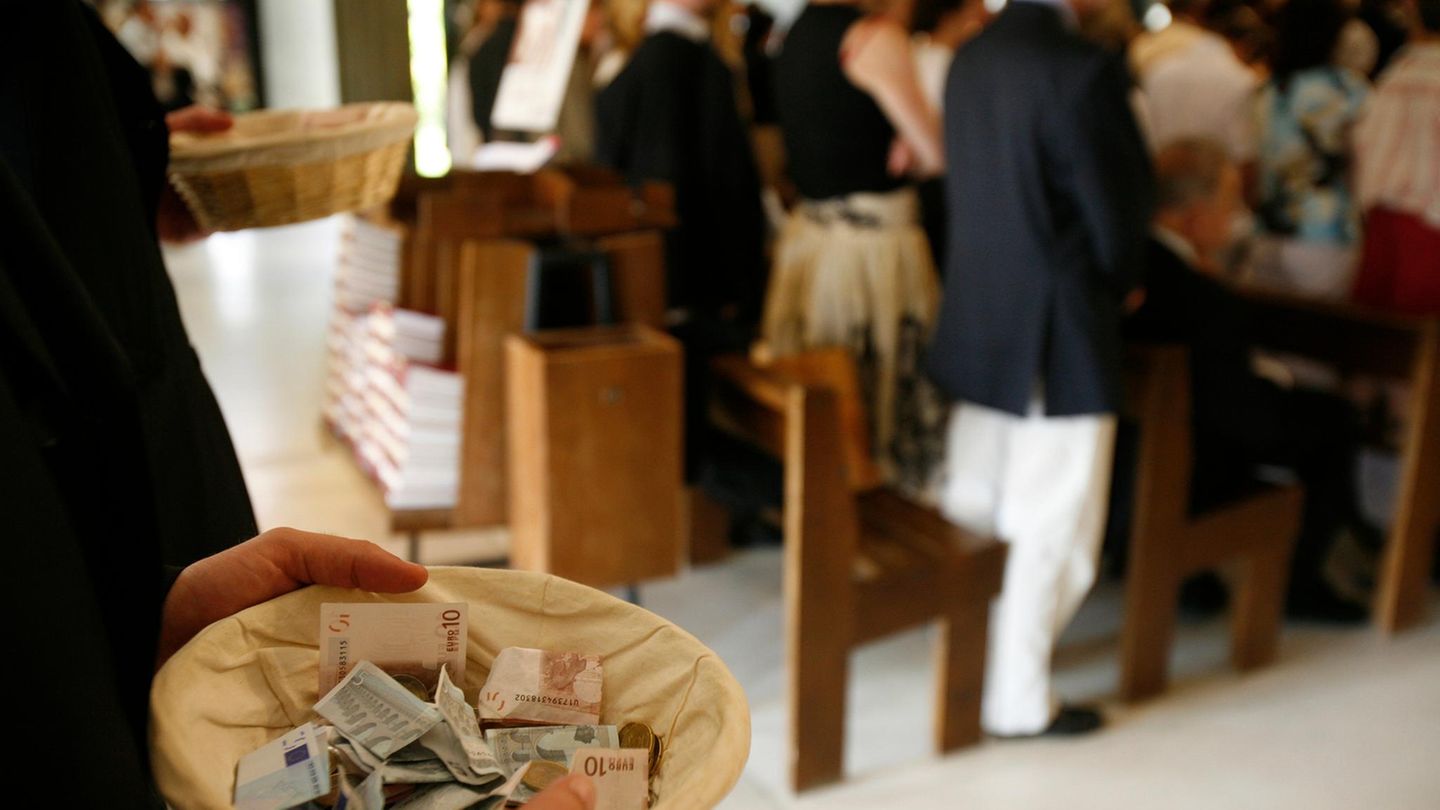But JPMorgan gave the possible “victims” a first and last name, pointing out that the European risk is concentrated in Raiffeisen (Austria), OTP (Hungary), UniCredit (Italy) and Société Générale (France). Why? Mainly because from the perspective of European banks, the risks are limited to banks with direct exposure through a local presence in Russia.
In this context, the most exposed would be Raiffeisen, since it obtains 35% of its profits in Russia, followed by OTP (7%), UniCredit (6%) and Société (4%). From a balance sheet perspective, Raiffeisen would also be the most affected, with an impact of 99 basis points on its CET1 capital ratio (it is an indicator of financial solvency introduced with the Basel III Accords on banking regulation reform), followed by Société (impact of 33 points) and OTP (20 points).
Another relevant issue for JPMorgan is linked to the possible financial sanctions against Russia, among which the potential exclusion of the SWIFT (Society for World Interbank Financial Telecommunication) interbank messaging system and the prohibition of the conversion of the ruble to currency stand out. Both sanctions could derail Russian banking. In this sense, they affirm that if the US Senate authorizes banks to be excluded from the SWIFT system, it could be a major problem.
While Russia has developed an alternative payment system for local currency payments and may eventually partner with China in a global system, should its financial system be excluded from SWIFT, JPMorgan notes that most cross-border transactions of Russia would probably, temporarily, come to an impasse. So while other ways of processing international transactions would eventually be found, the initial impact on the Russian economy and global markets would be large. So from the perspective of local banks and also European banks with a local presence, they see the closure of SWIFT as a key issue.
queries
Meanwhile, international investment banks acknowledge that with tensions rising in Eastern Europe, there are waves of questions about what might happen to equities if Russia really did attack or invade Ukraine. However, according to analysts at LPL Financial, as devastating as a major conflict between Russia and Ukraine could be, the truth is that stocks will likely be able to withstand the geopolitical fight. In this regard Ryan Detrick, LPL strategist, explains that looking back at other major geopolitical events throughout history reveals that actions generally take them as a null event.
Detrick, in a tweet, detailed a list of geopolitical events since World War II and in most cases these events are not the main drivers of the stock market. The study suggests that the vast majority of geopolitical events dating back to World War II did not affect stocks much (as measured by the S&P500), and the losses were offset fairly quickly. The assassination of JFK (John Fitzgerald Kennedy) seems to be one of the best examples of this, as the following six months were one of the strongest and least volatile periods in stock market history, something no one could have expected that time. fateful day.
Source From: Ambito
David William is a talented author who has made a name for himself in the world of writing. He is a professional author who writes on a wide range of topics, from general interest to opinion news. David is currently working as a writer at 24 hours worlds where he brings his unique perspective and in-depth research to his articles, making them both informative and engaging.




